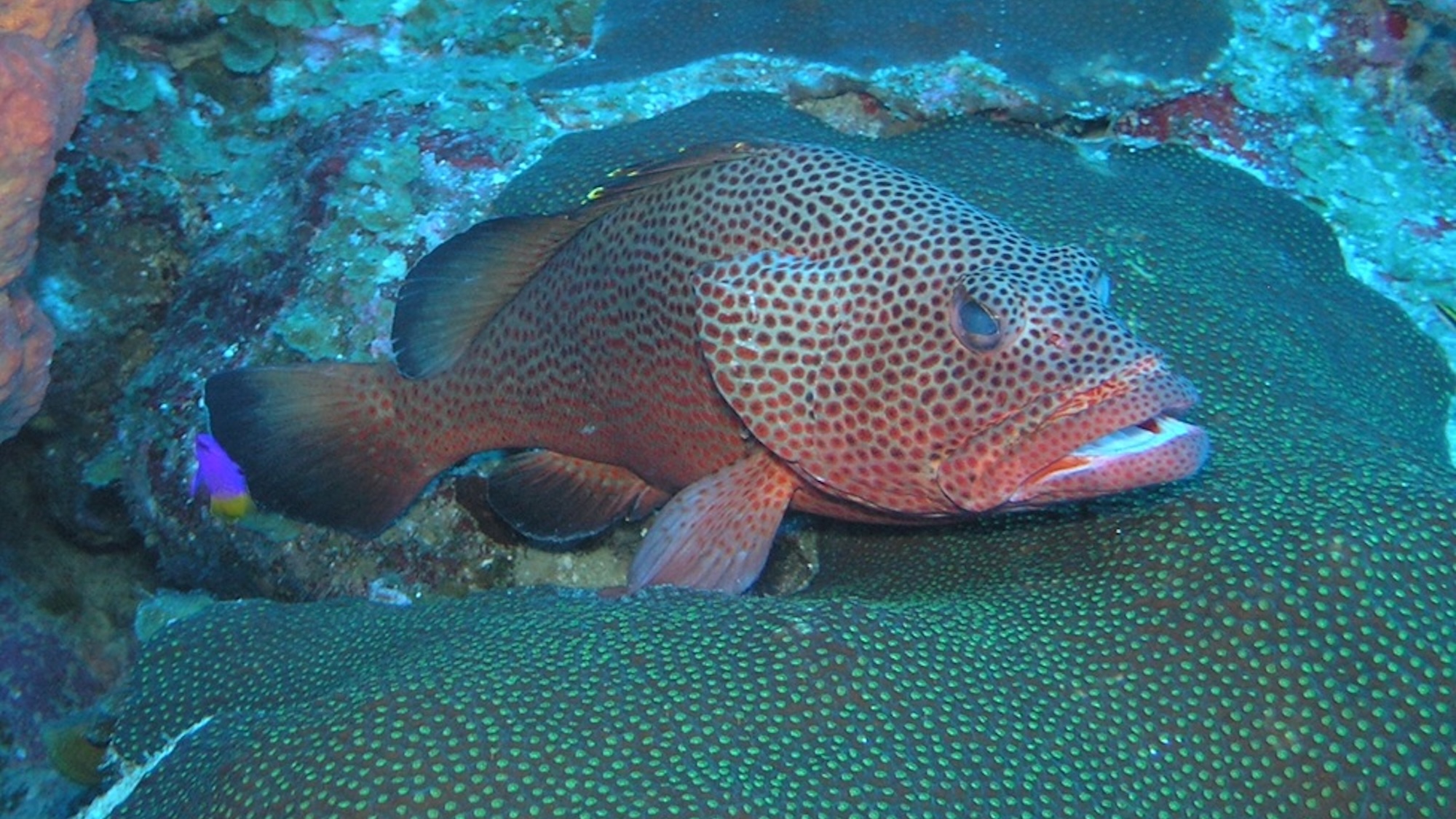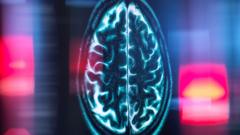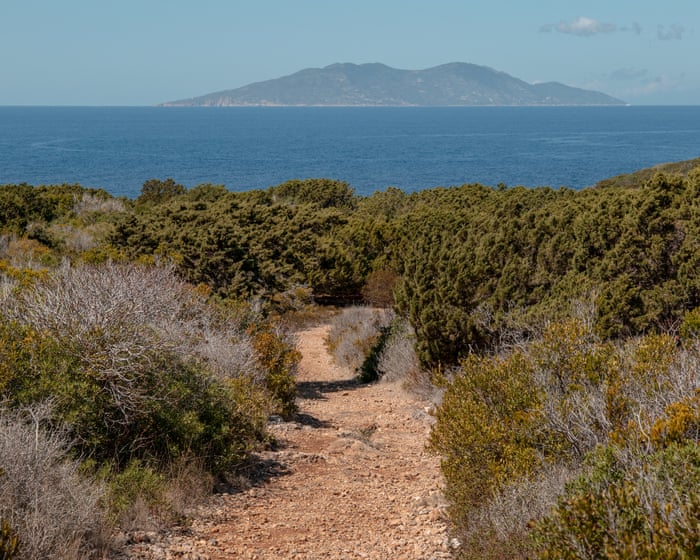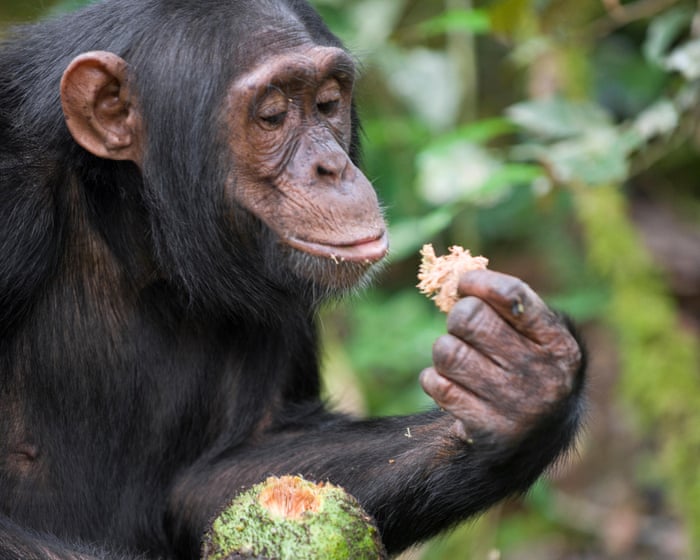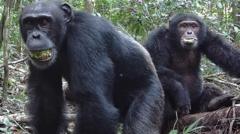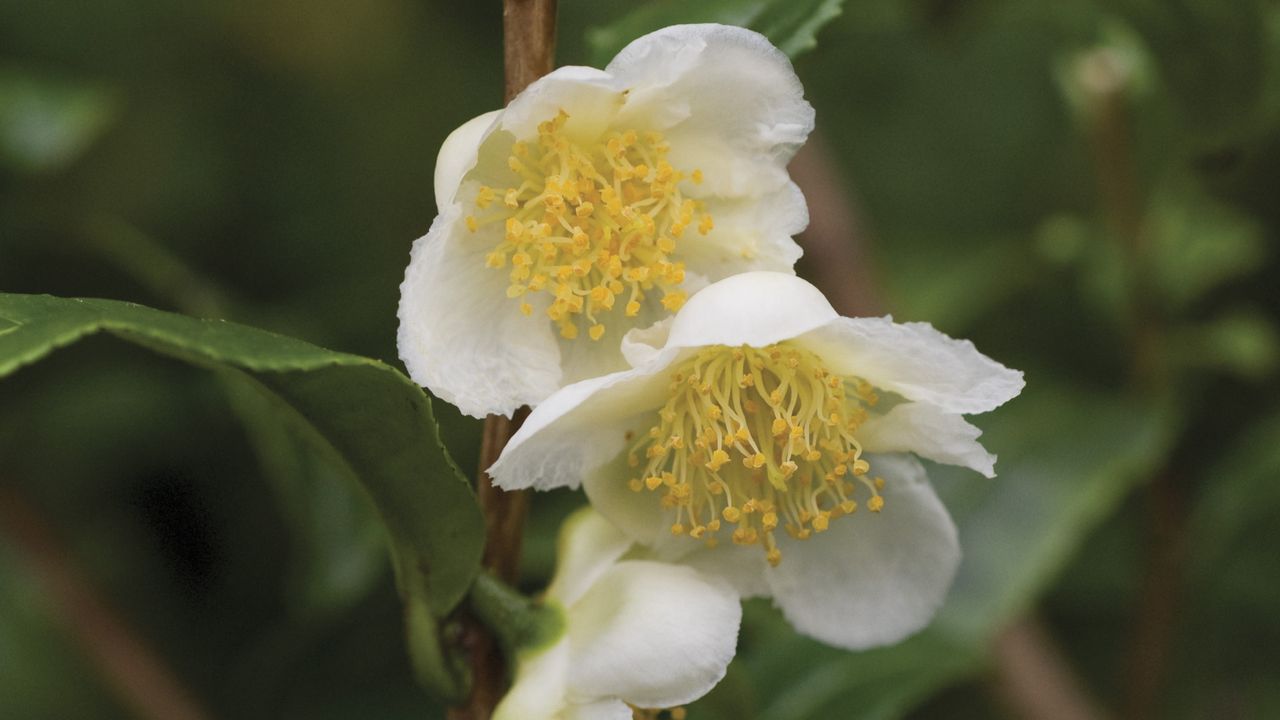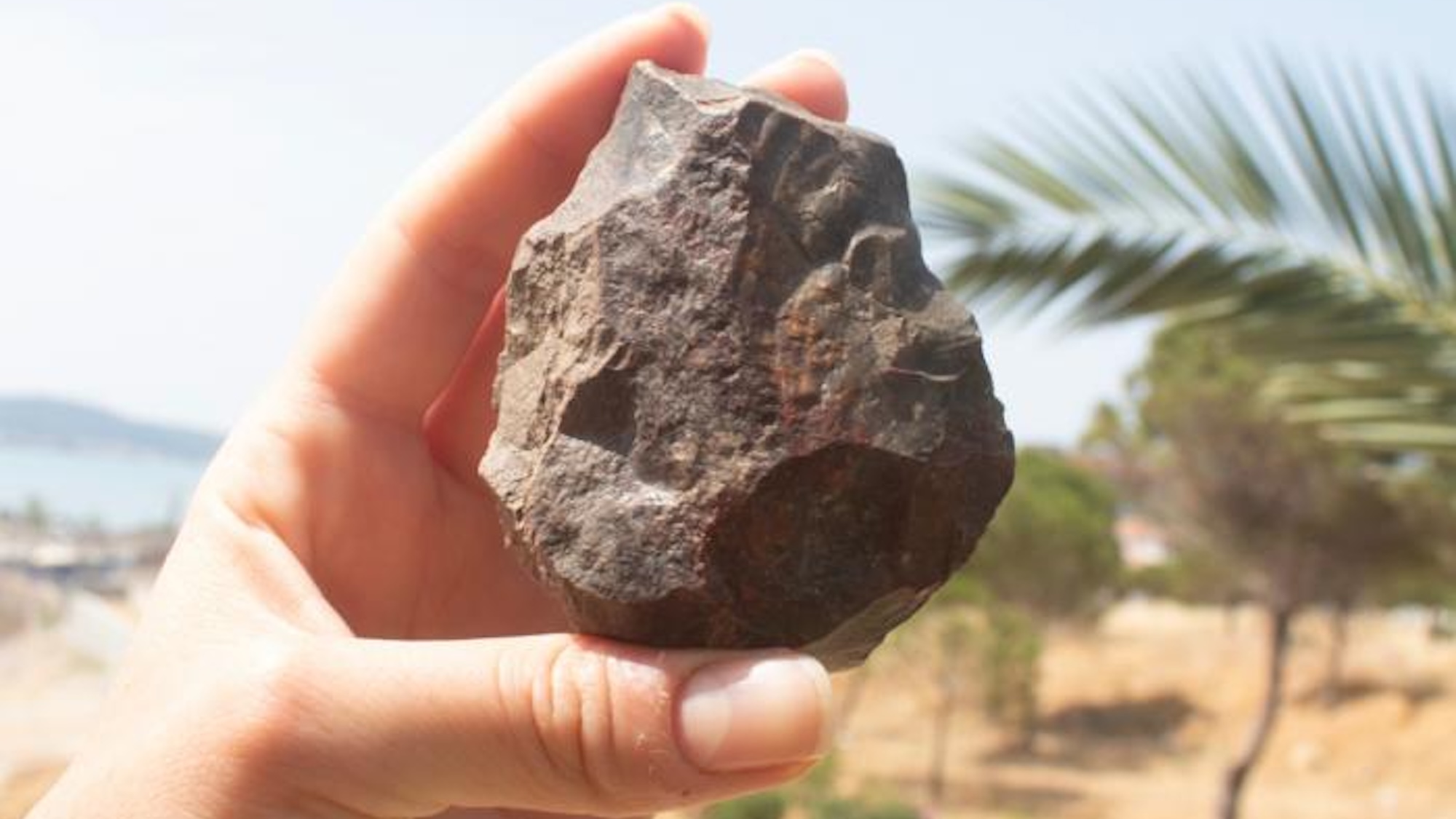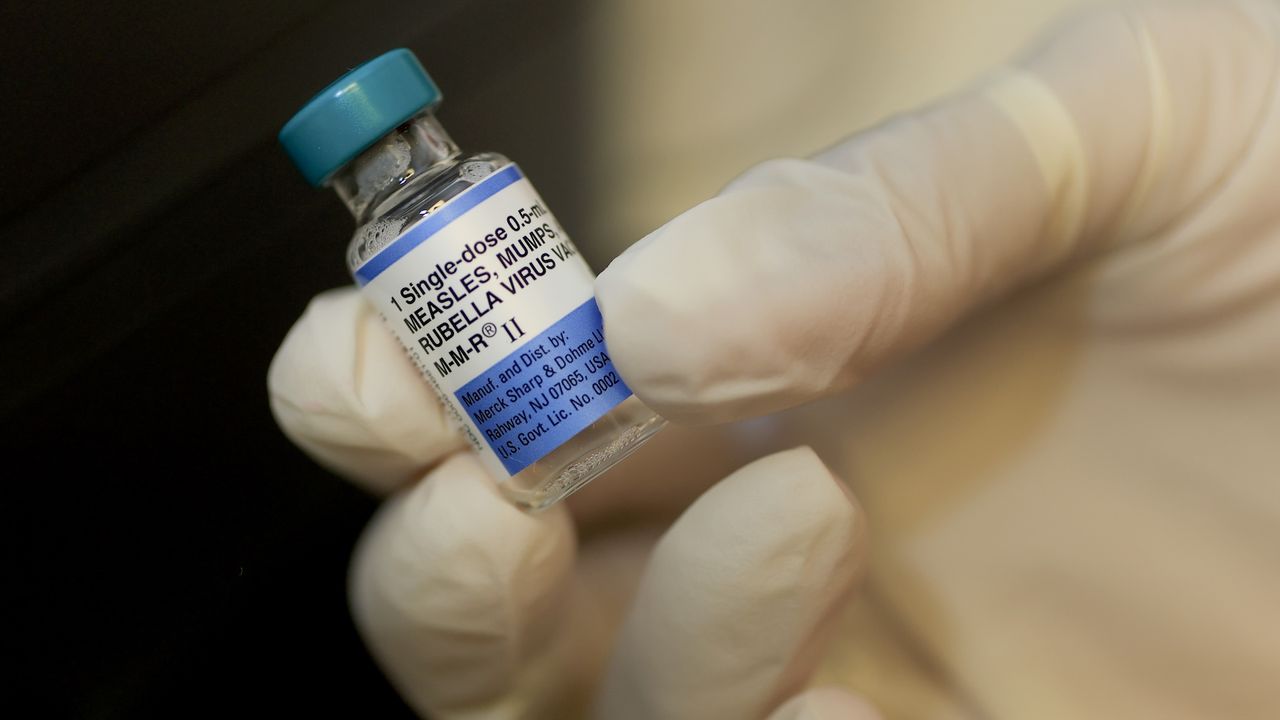First-ever black hole to be directly imaged has changed 'dramatically' in just 4 years, new study finds
NeutralScience

A new study reveals that the polarization pattern around M87*, the first black hole ever directly imaged by the Event Horizon Telescope, has changed direction in just four years. This unexpected shift has left scientists puzzled, as they seek to understand the underlying reasons for this dramatic transformation. The findings are significant as they could provide deeper insights into the behavior of black holes and the fundamental physics governing them.
— Curated by the World Pulse Now AI Editorial System
